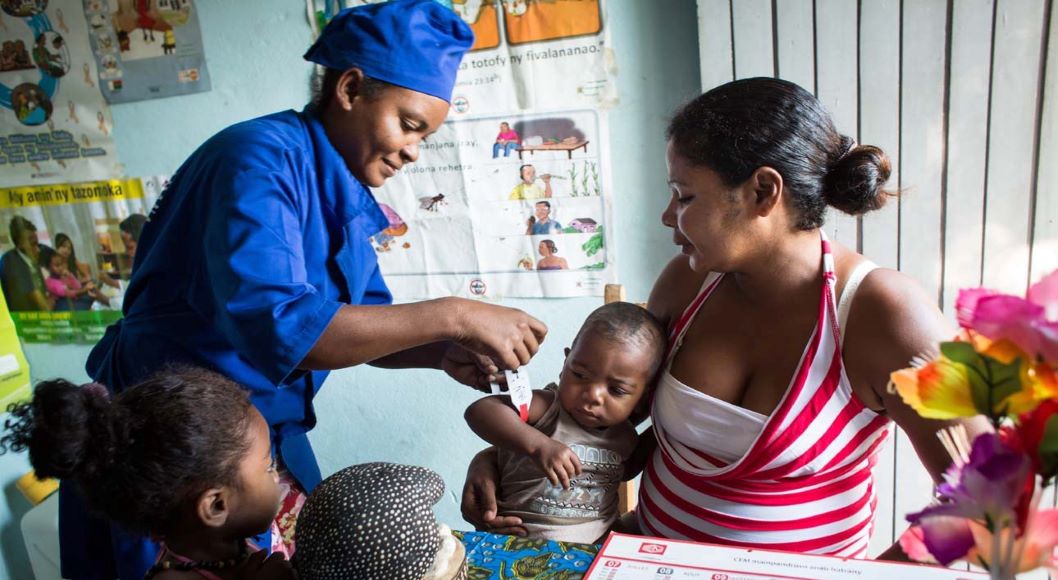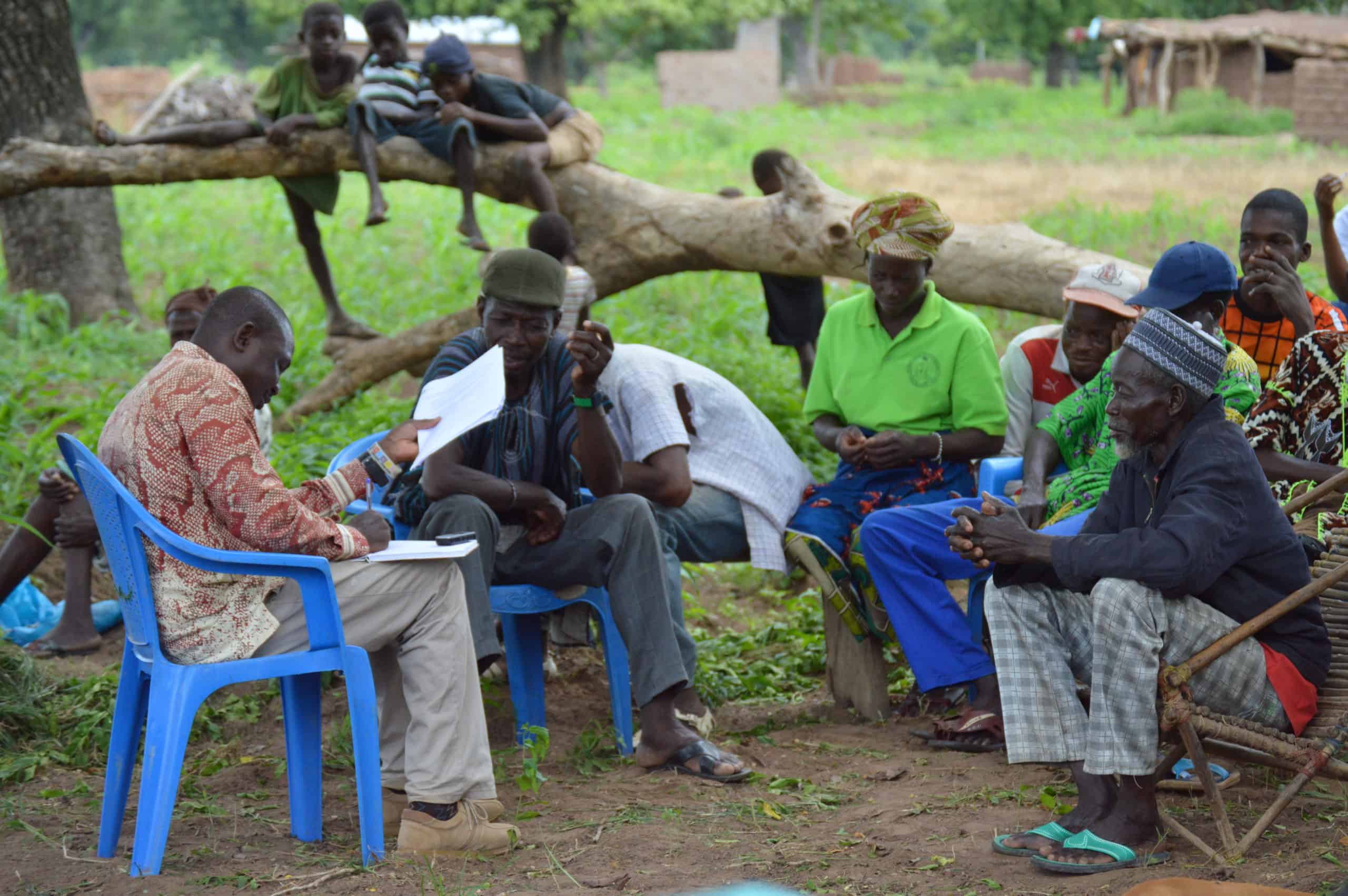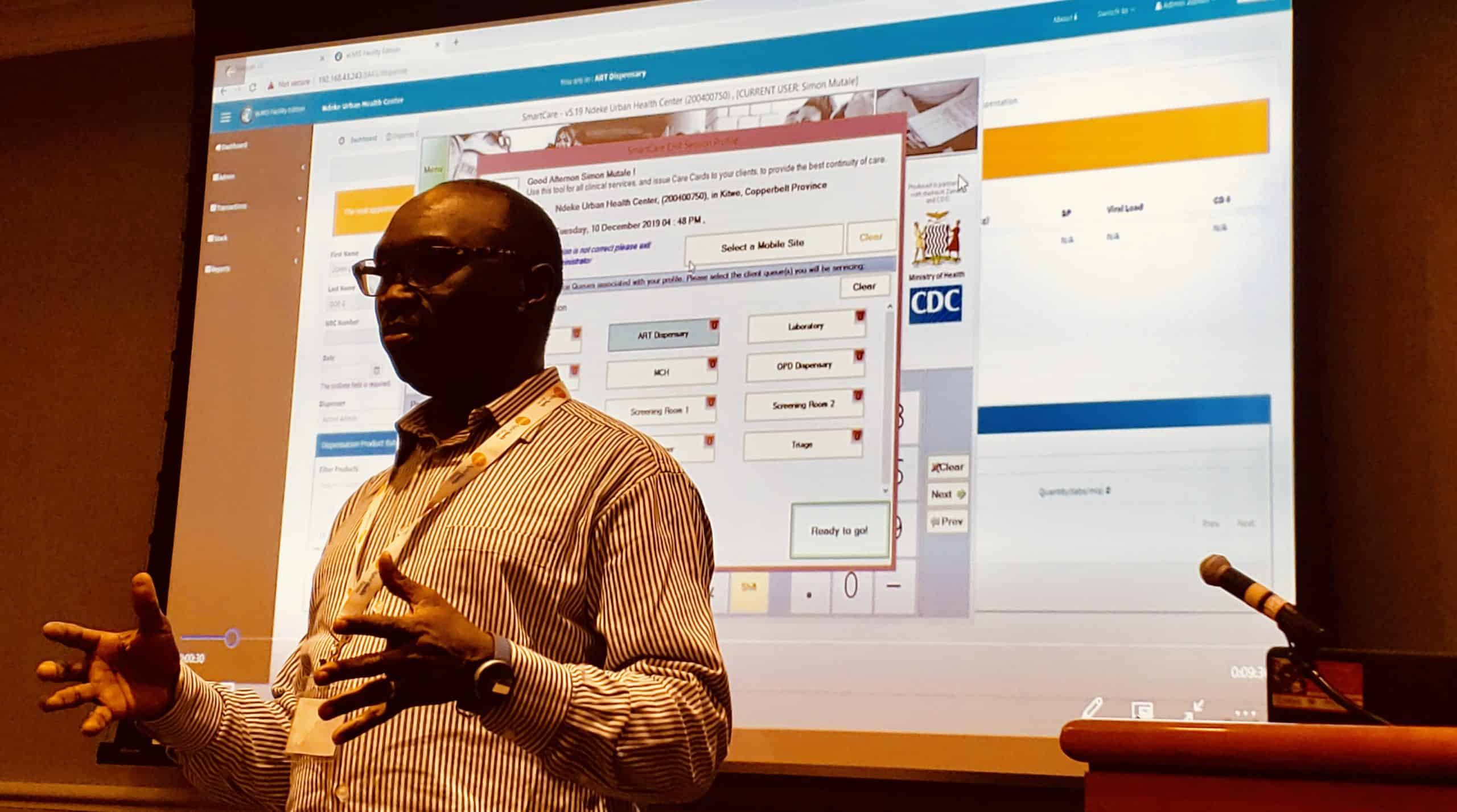MEASURE Evaluation’s vision is to empower institutions and people to identify, collect, analyze, and use technically sound information to improve global health and well-being. We create, implement and facilitate state-of-the-art methods for and approaches to improving monitoring and evaluation, health information systems, and data use.
JSI has been a partner on MEASURE Evaluation since 1997. During this time JSI has worked extensively in several countries including Botswana, China, Cote d'Ivoire, Ethiopia, Guyana, Haiti, Mozambique, Nigeria, Rwanda, and Tanzania. Under MEASURE Evaluation, JSI assists country programs to improve health system performance through increased demand for health information, improved tools and data collection practices, improved analysis, and most especially, improved use of information. JSI has helped build capacity in M&E at the individual and organizational levels, developed harmonized M&E tools that address challenges in implementing health projects, and strengthened health management information systems as a means to improving health programs through routinely available and useful data. Under MEASURE, JSI has provided technical services to improve HMIS systems in dozens of countries around the world. An effective HMIS combines health and disease, health services, and health administrative record systems and puts timely data into the hands of decision-makers and managers at all levels of the health system. JSI has also established two global networks that are relevant to the HSS Evaluation Study’s scope of work: the Routine Health Information Network (RHINO) and the International Health Facility Assessment Network (IHFAN).
Examples of results over the past 10 years include:
- Support to two regional training partners, the Centre Africain d’Etudes Superieures en Gestion (CESAG) in Dakar, Senegal and the University of Pretoria School of Health Sciences and Public Health (UP-SHSPH) to design, implement and evaluate regional training programs in monitoring and evaluation of HIV&AIDS programs, population, health and nutrition programs and routine health information systems. Today both universities are teaching these course independently
- In Cote d’Ivoire, Nigeria and Ethiopia, JSI supports the Ministries of Health, National HIV/AIDS programs and other partners to support and strengthen routine health information systems. Many of these systems are being scaled-up to the national level
- Leading the design and implementation of global tools including the Performance of Routine Information System Management (PRISM), Data Quality Assurance (DQA), Three Interlinked Patient Monitoring Systems for HIV care/ART, MCH/PMTCT and TB/HIV (3IPLMS), Community Level Program Information Reporting Tool (CLPIR), and the Organizing Framework for a Functional National HIV/AIDS Monitoring and Evaluation System (i.e. 12 Components Framework).
MEASURE Evaluation Phase III is funded by USAID and is implemented by the Carolina Population Center, the University of North Carolina at Chapel Hill, in collaboration with Futures Group International, John Snow, Inc., ICF Macro, Management Sciences for Health, and Tulane University.





